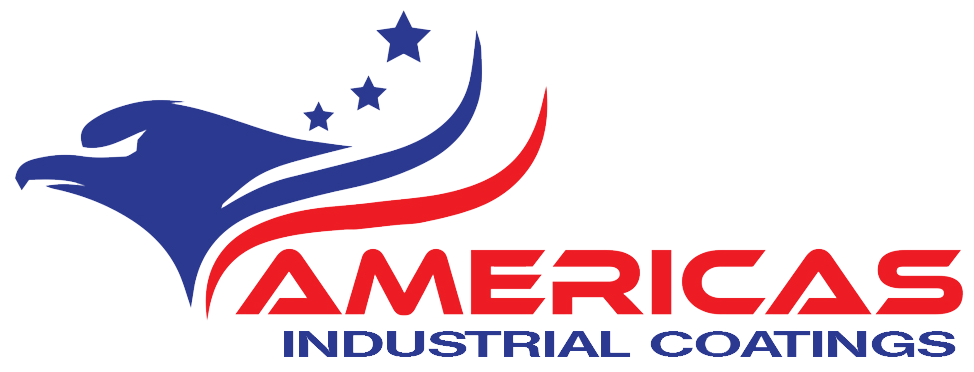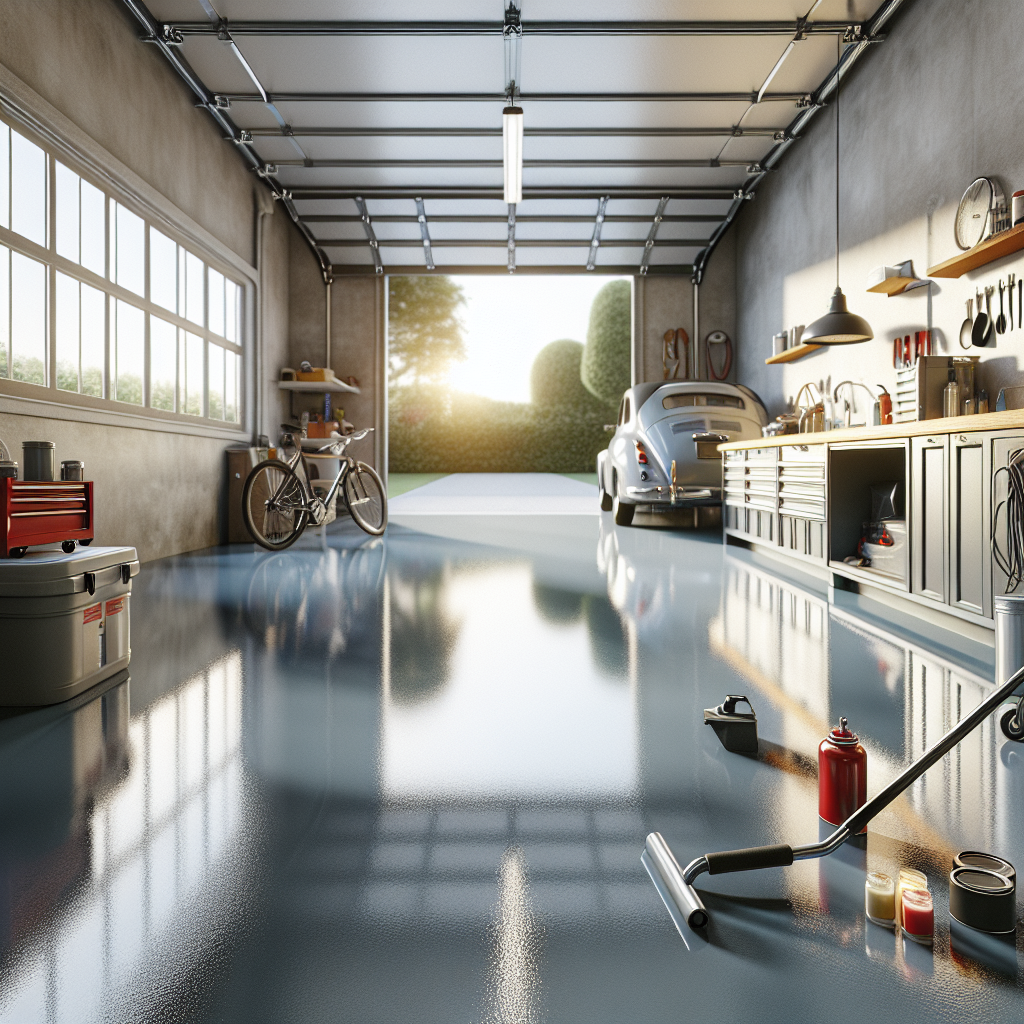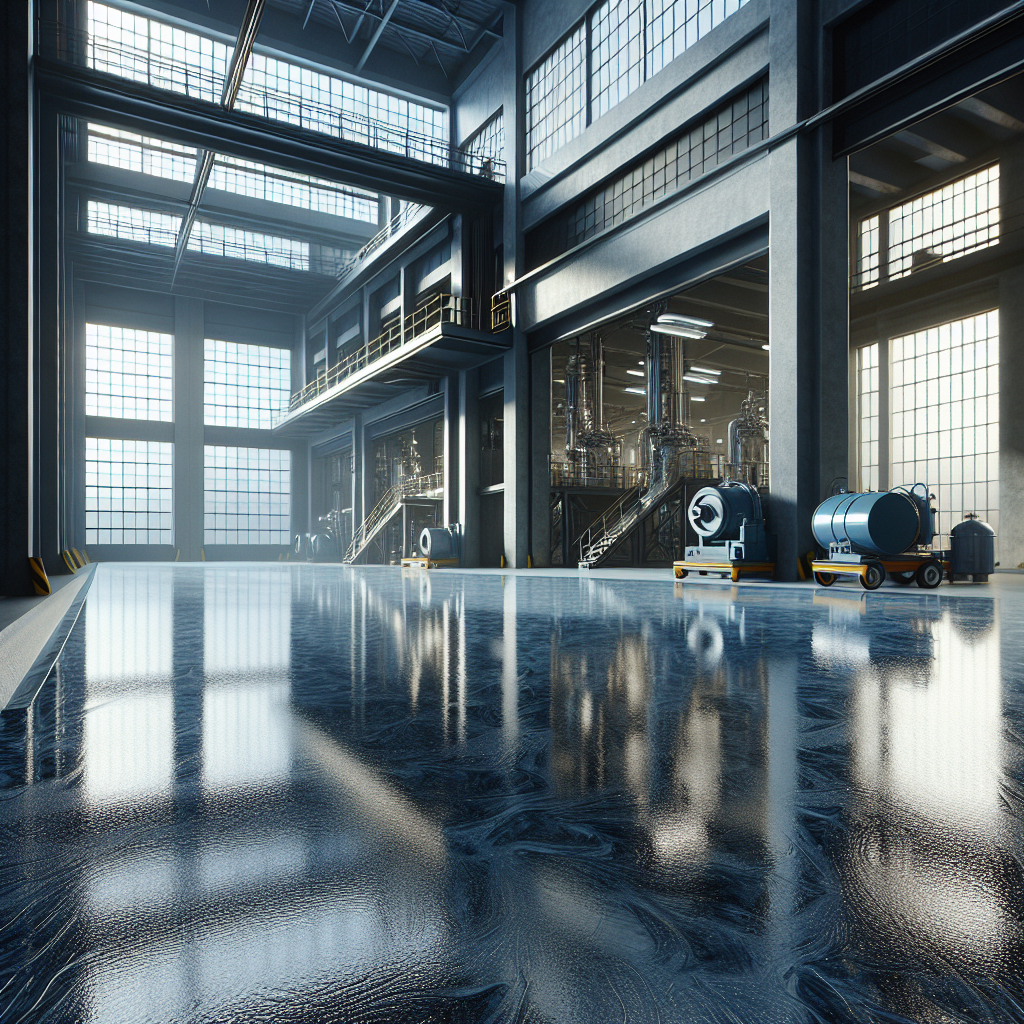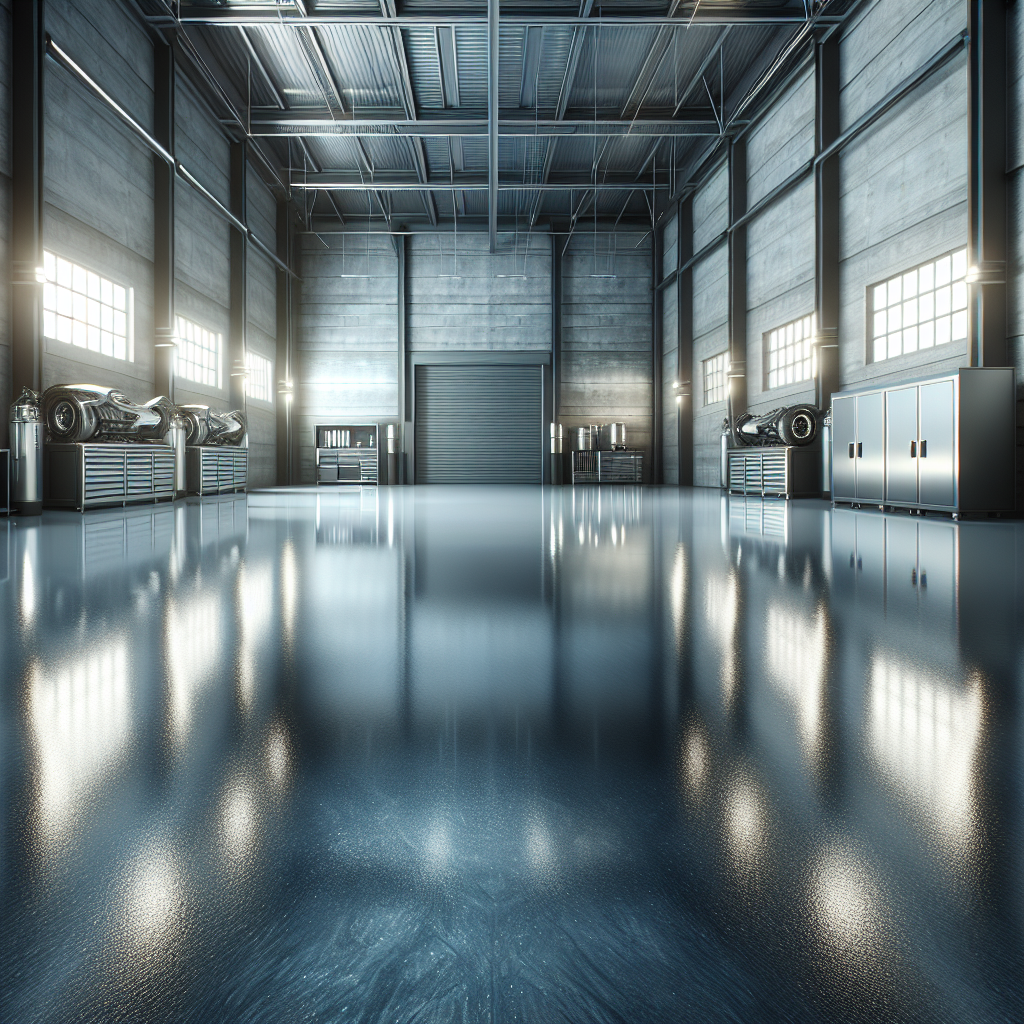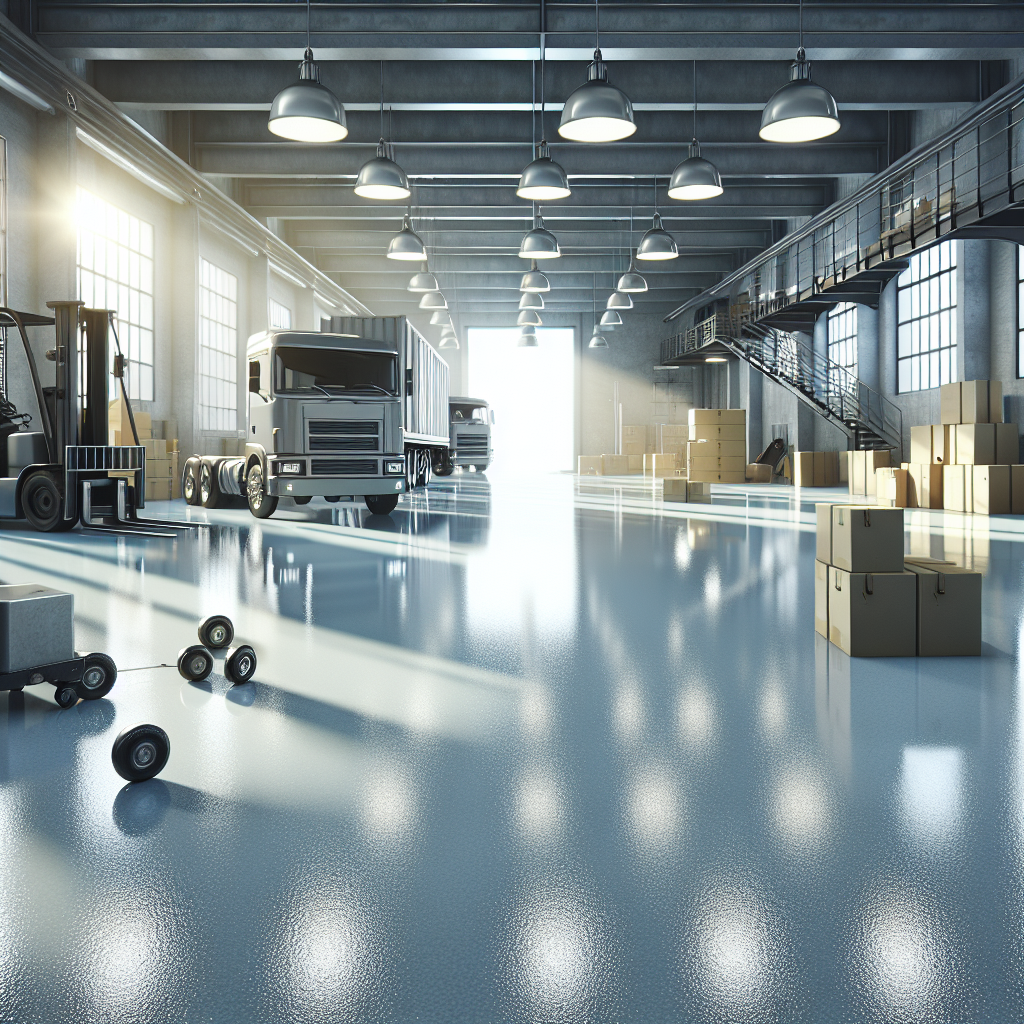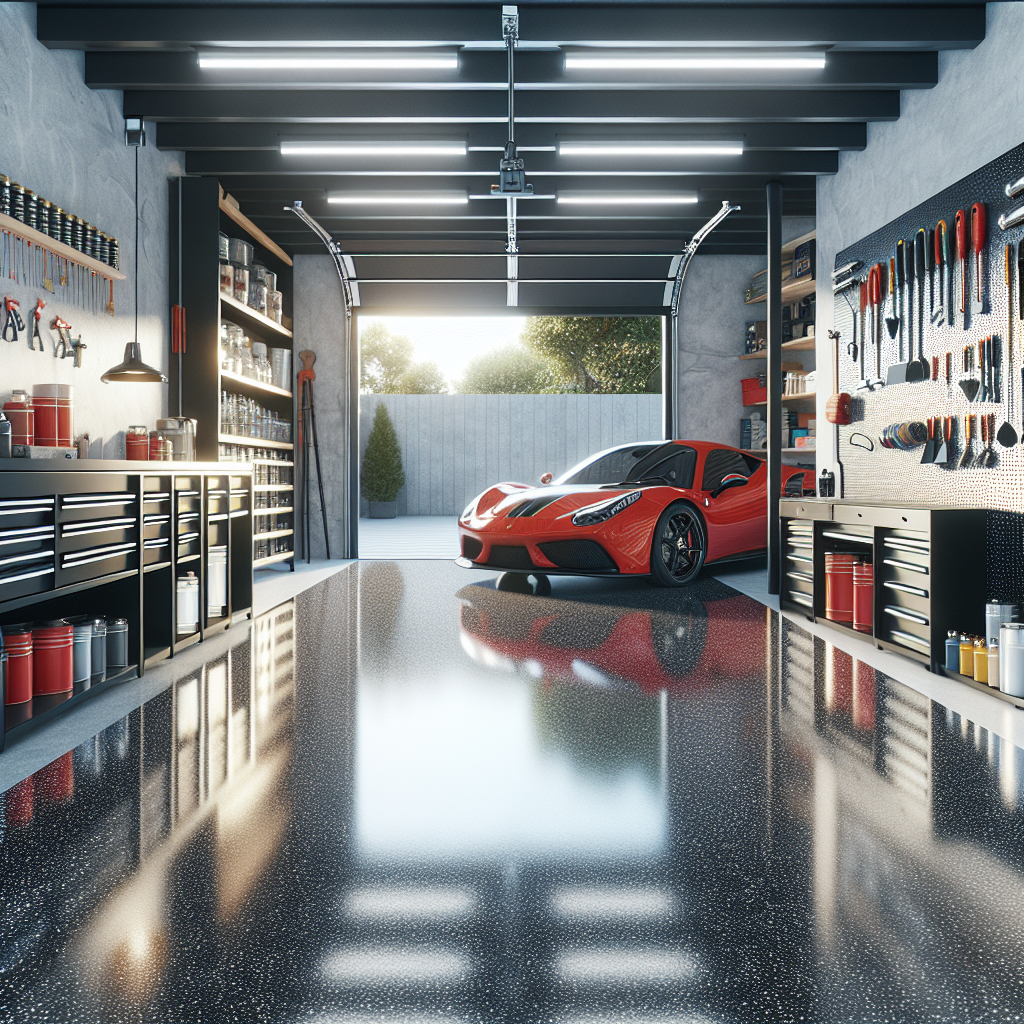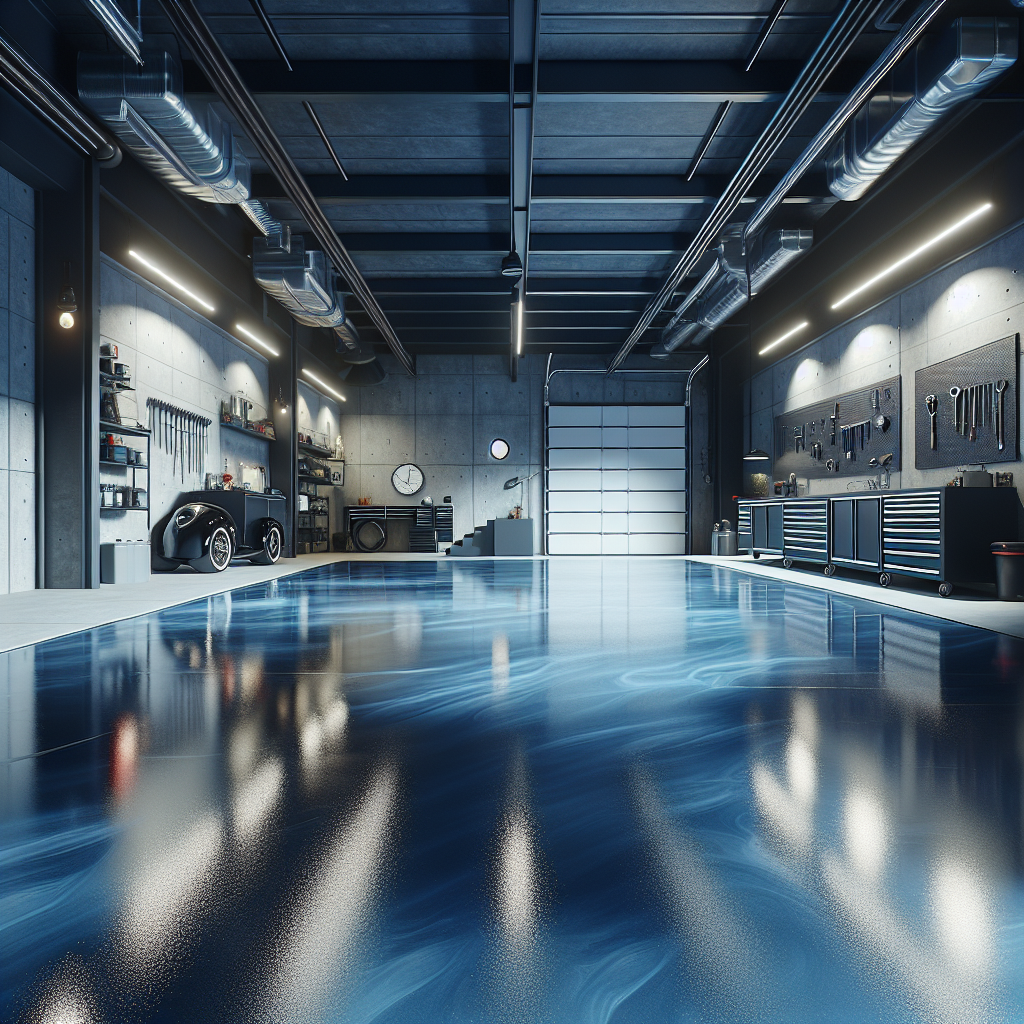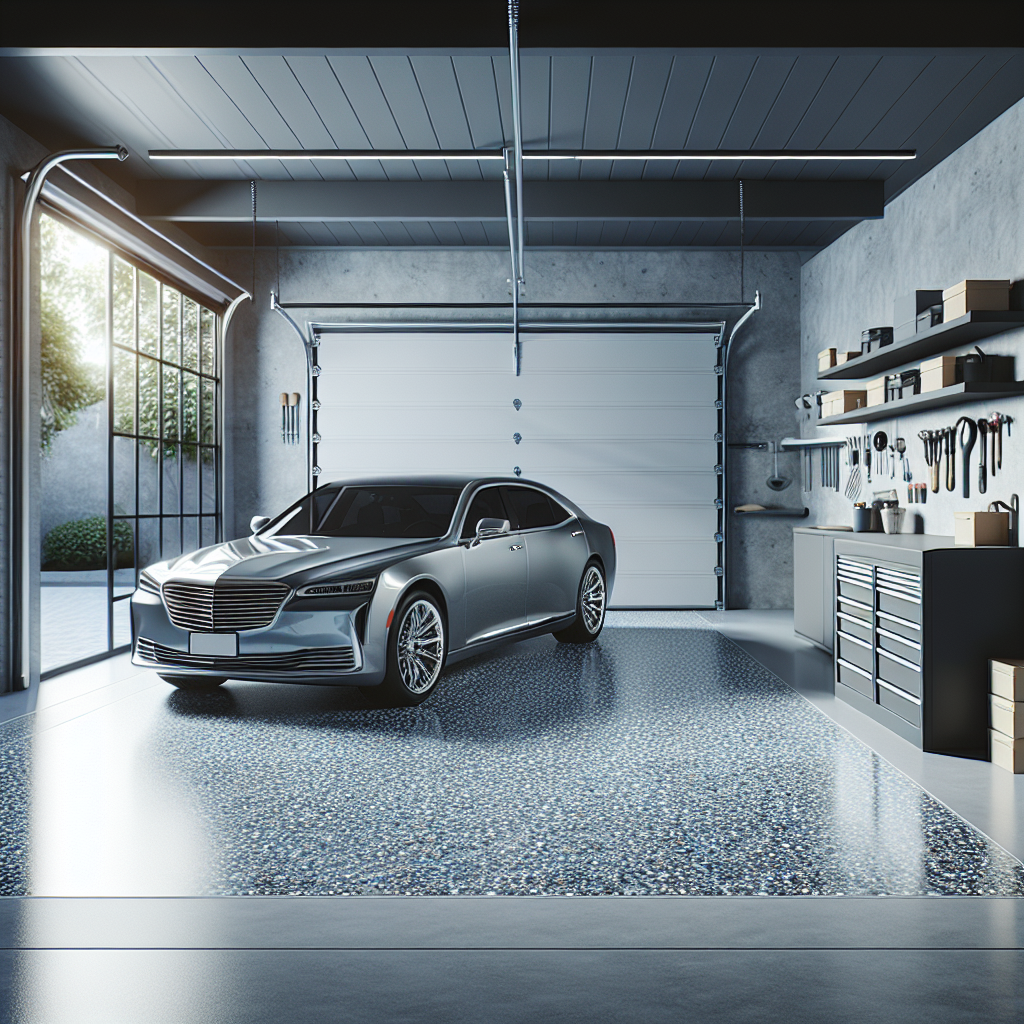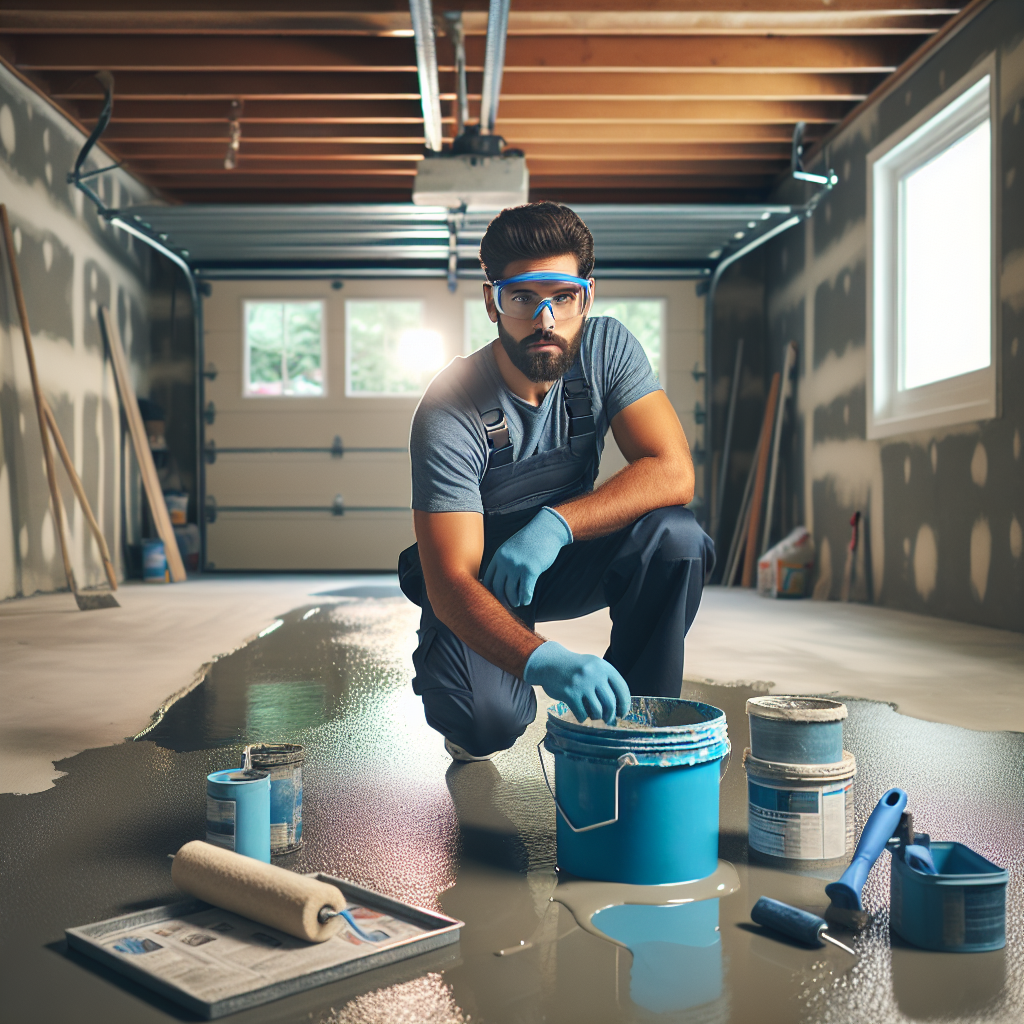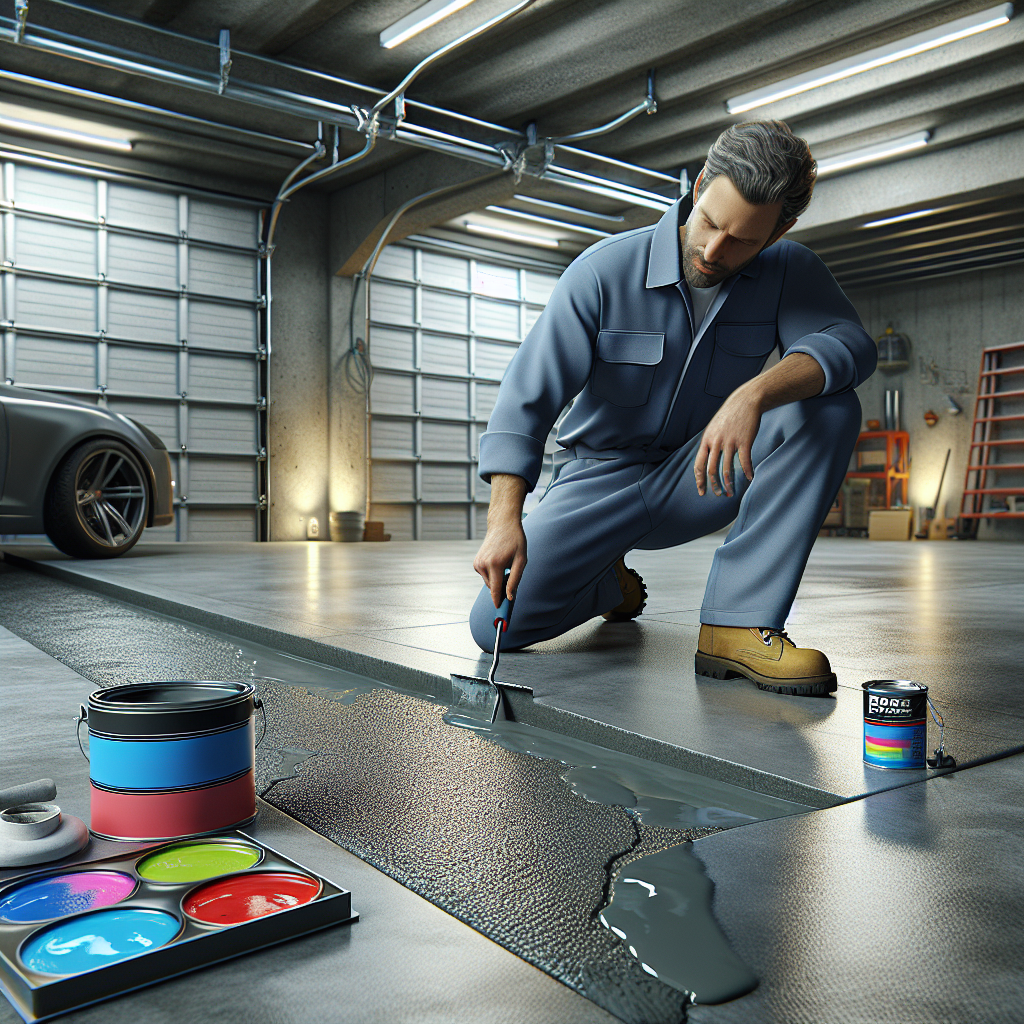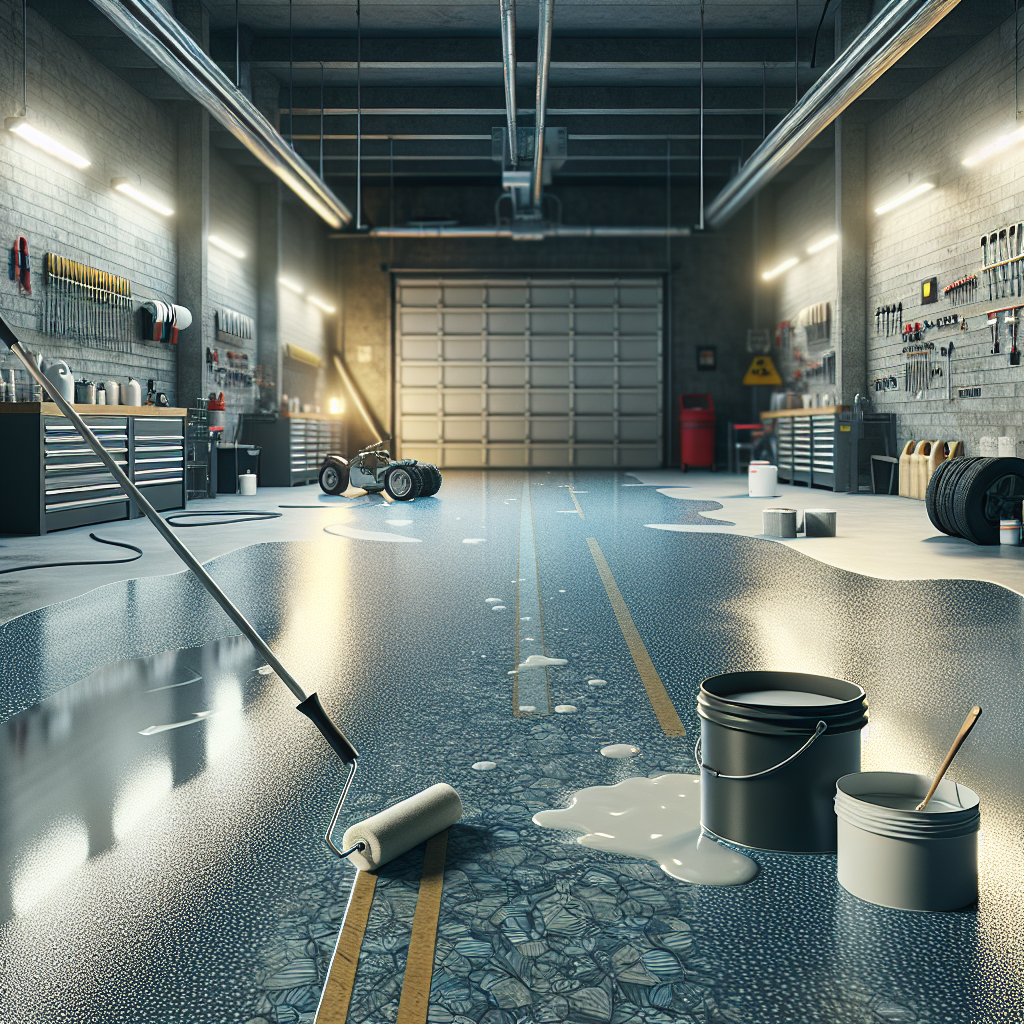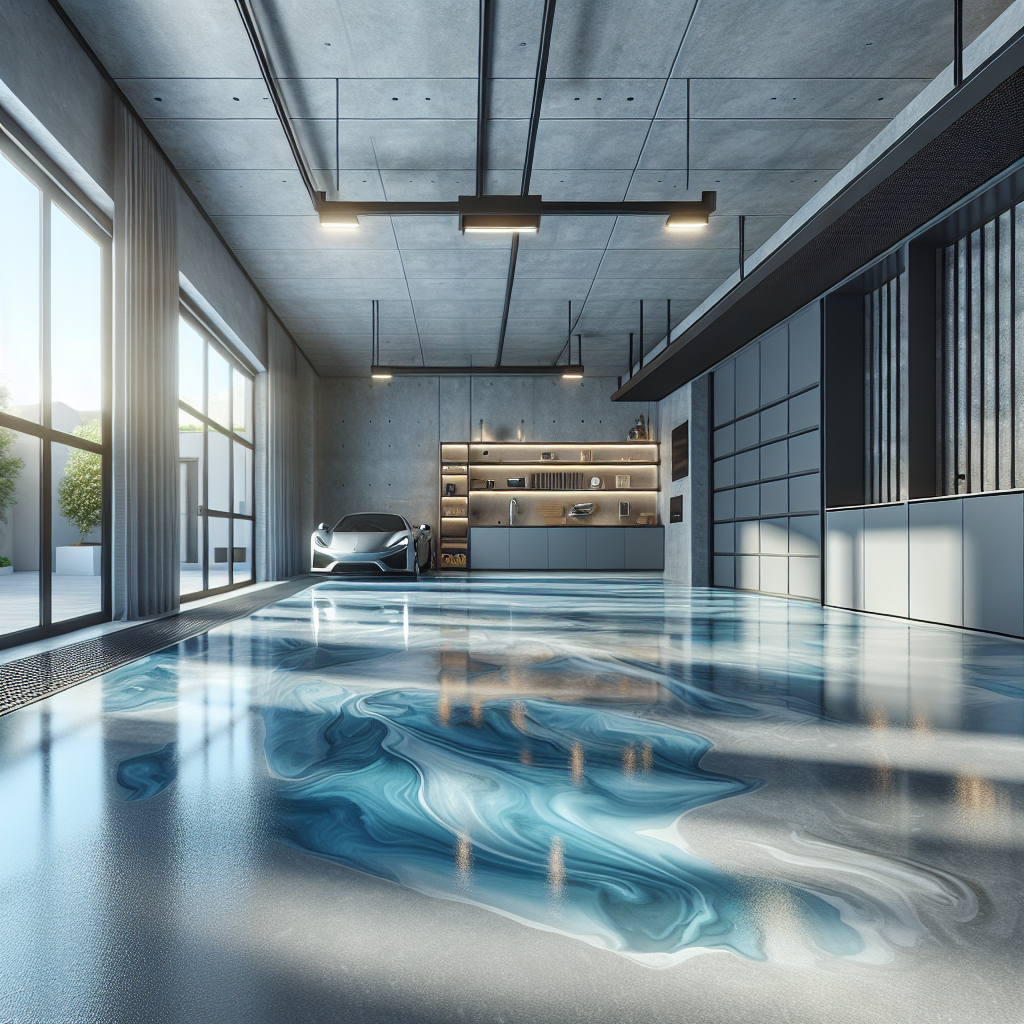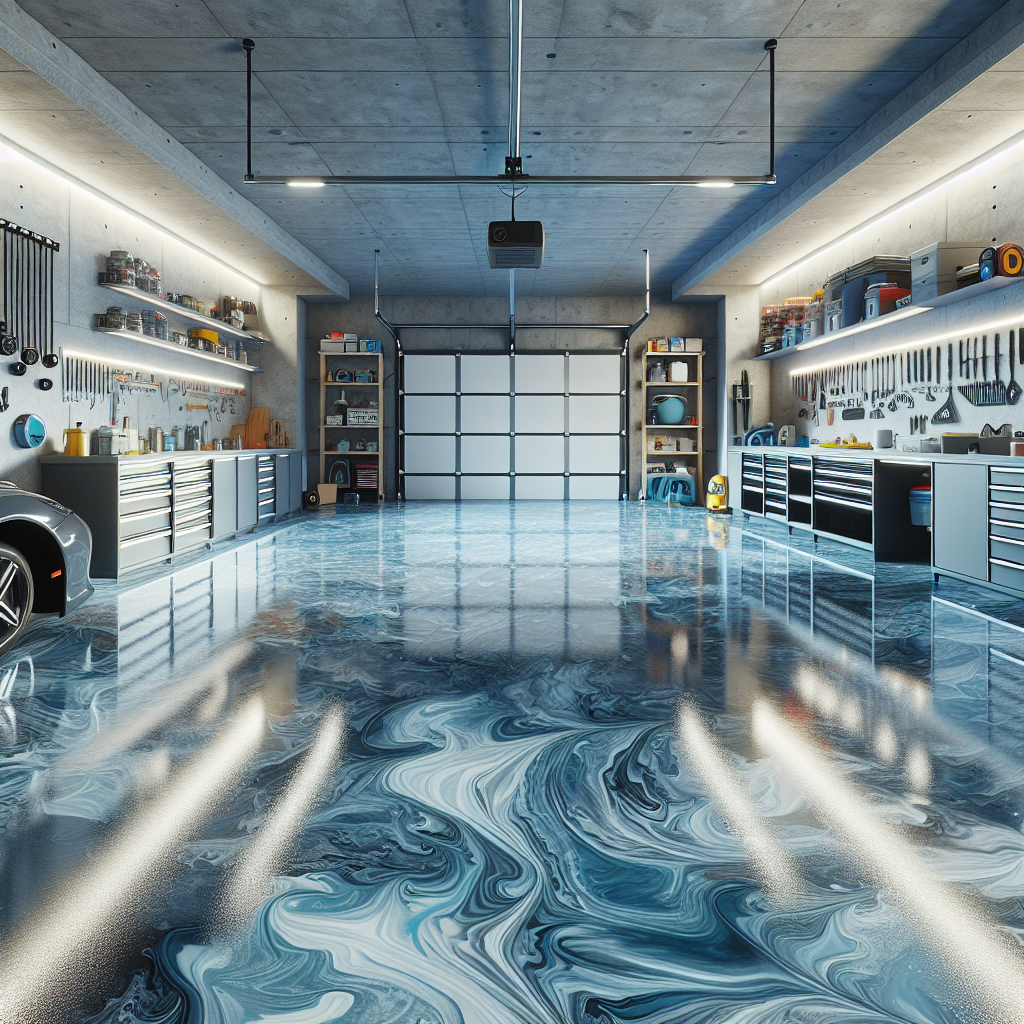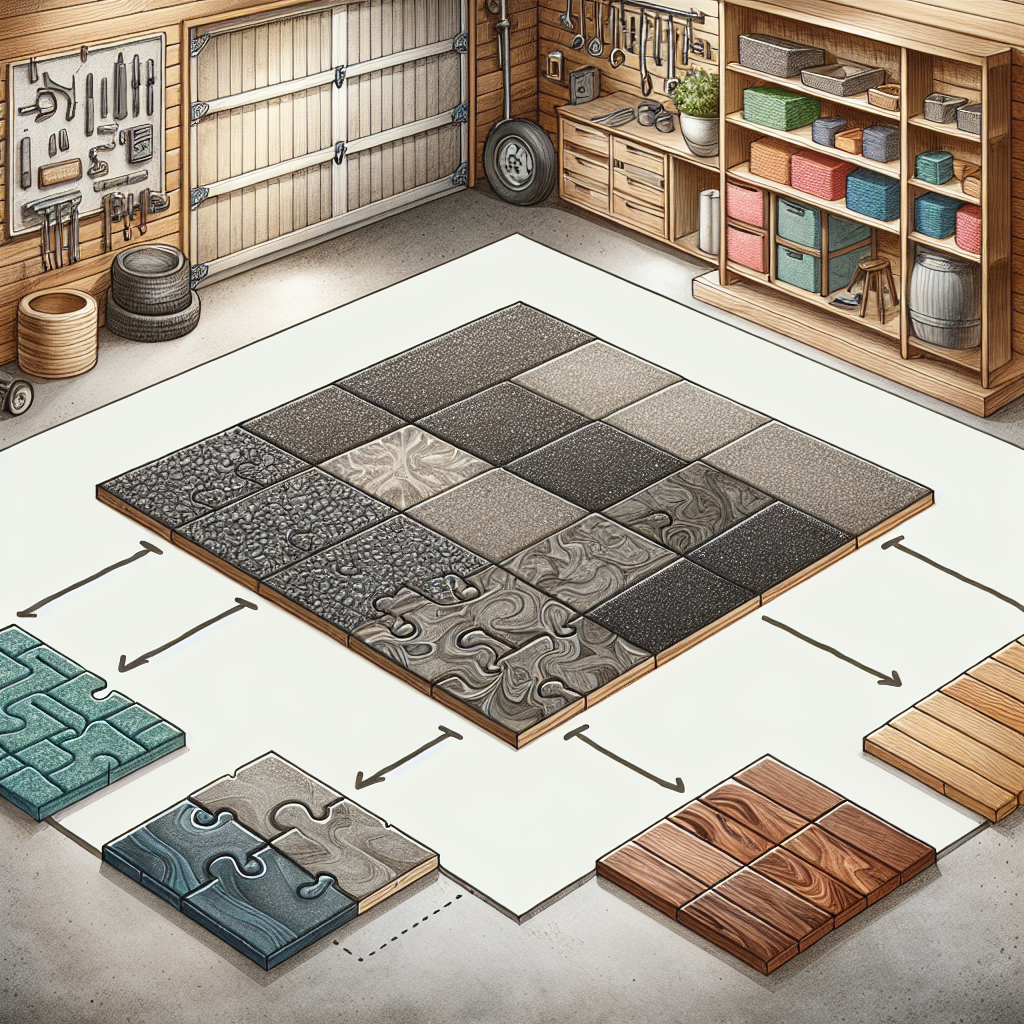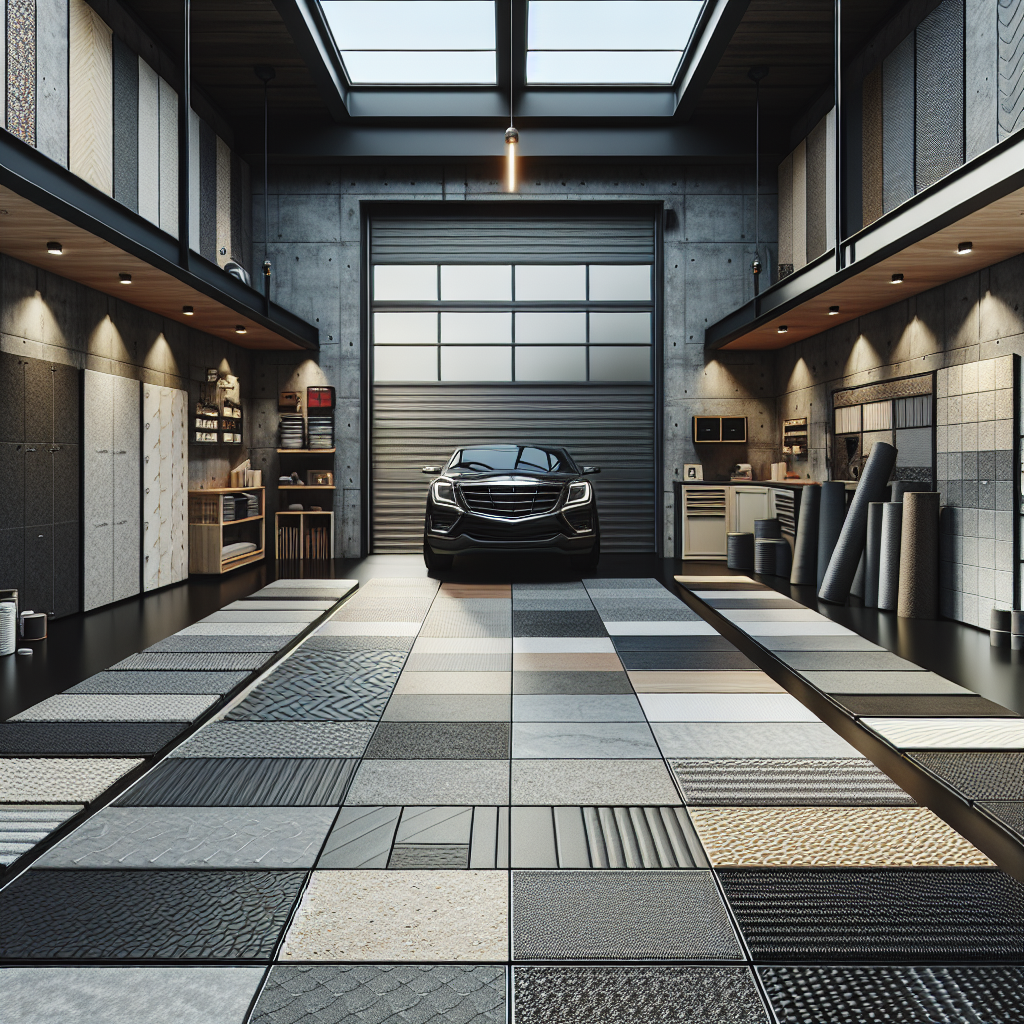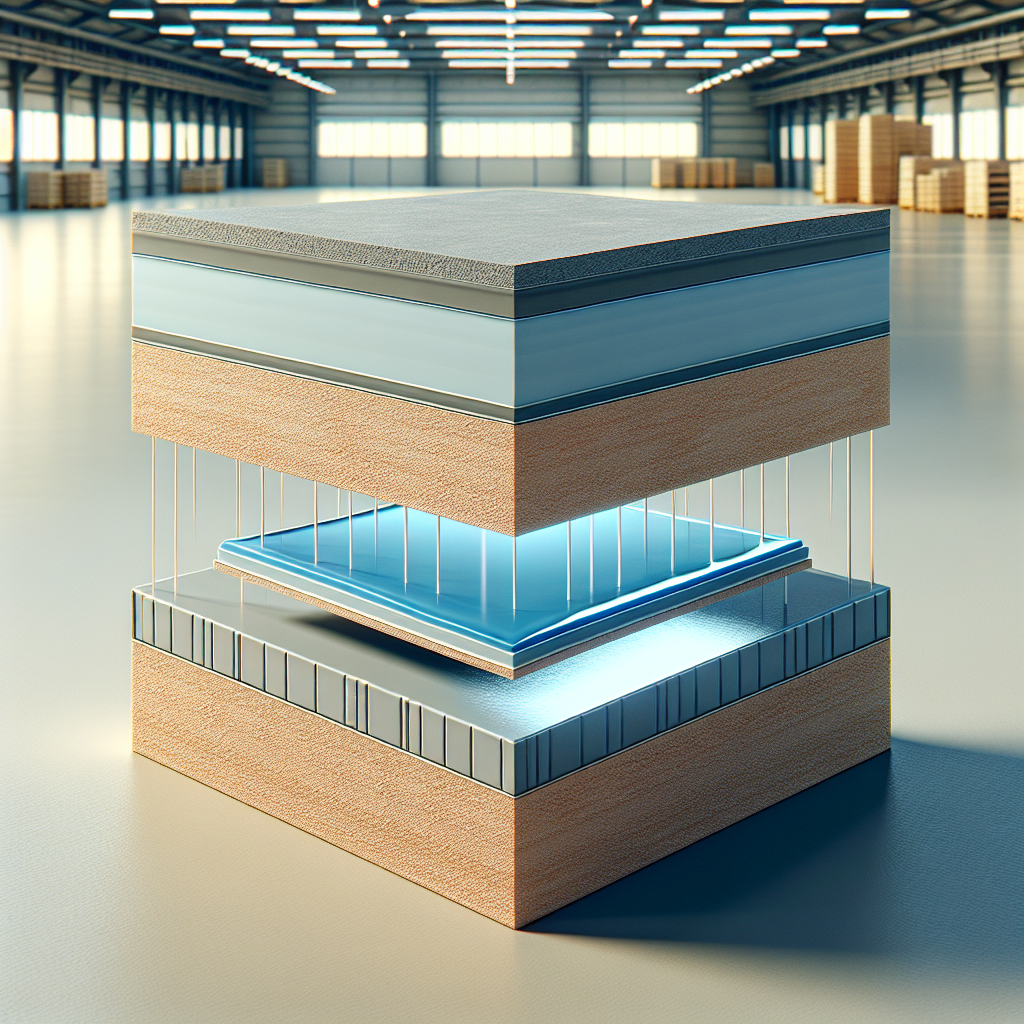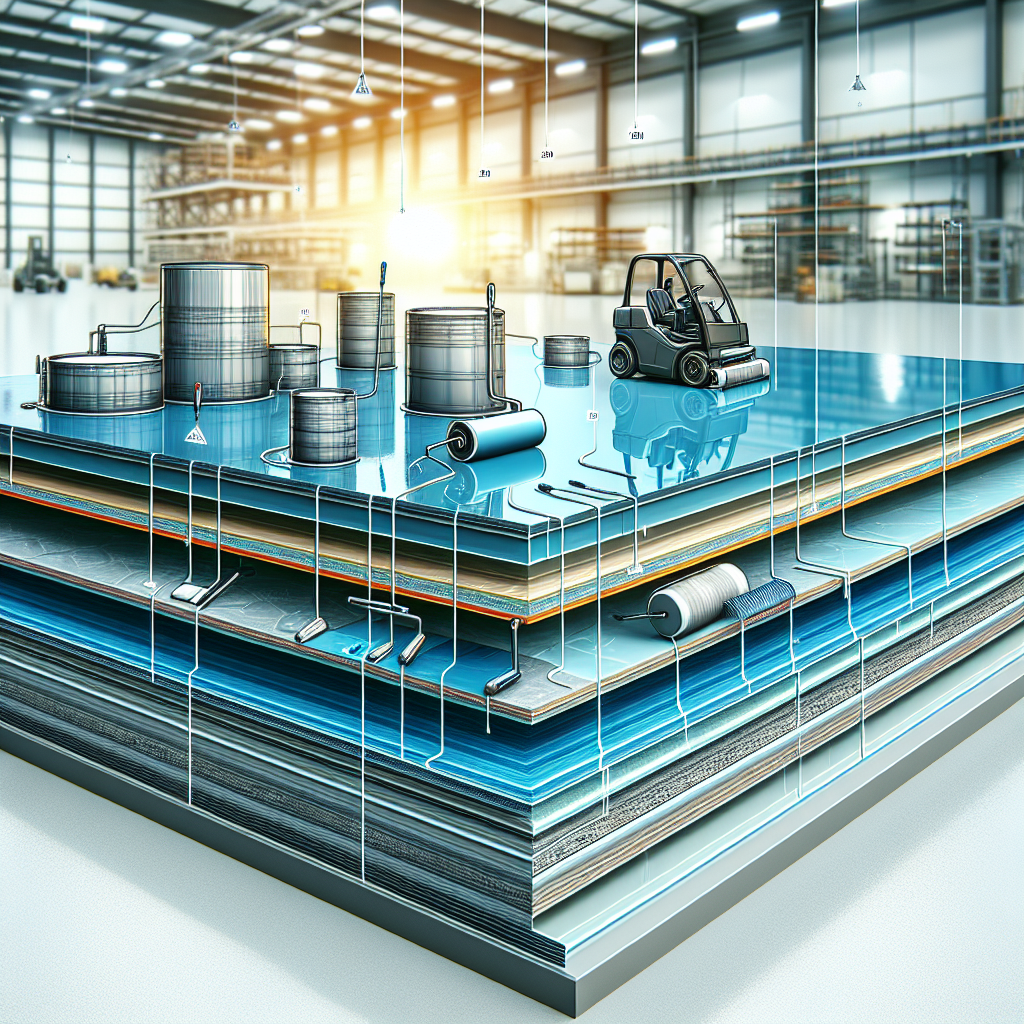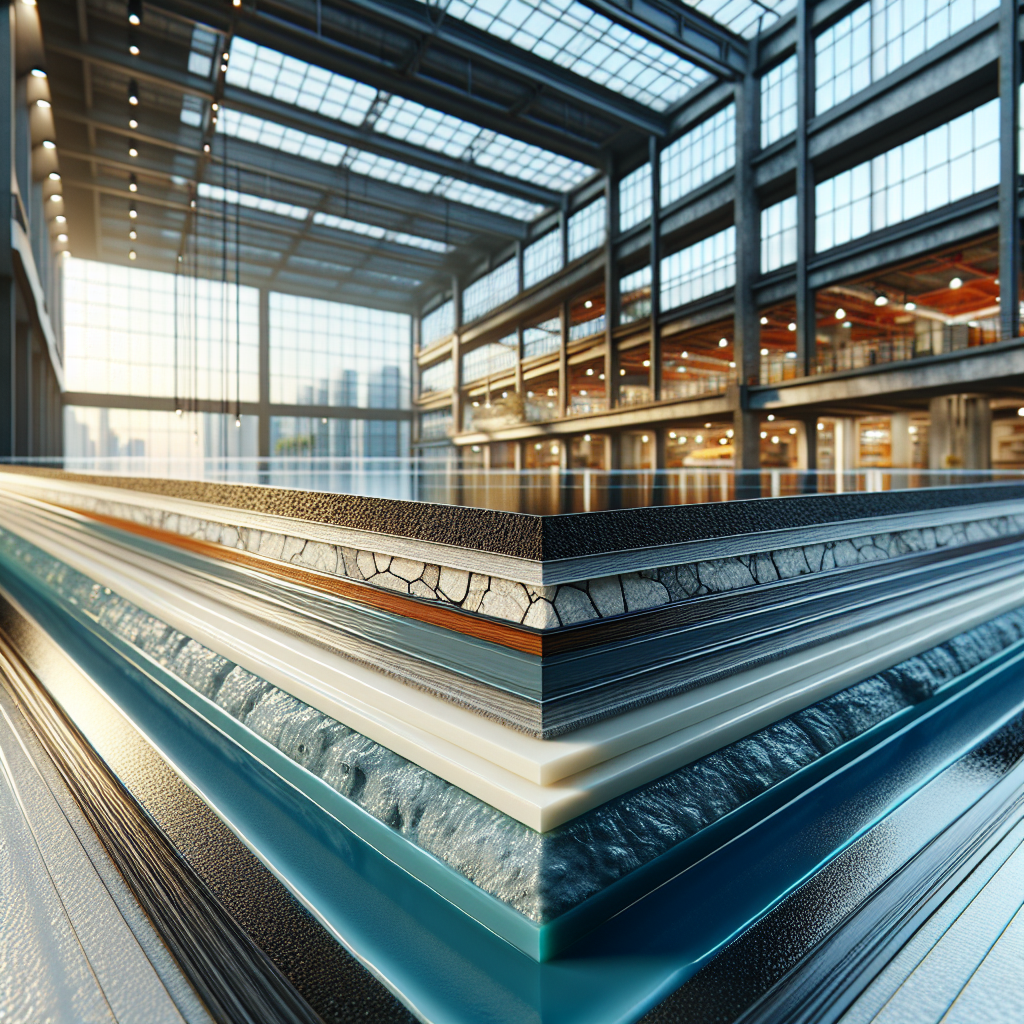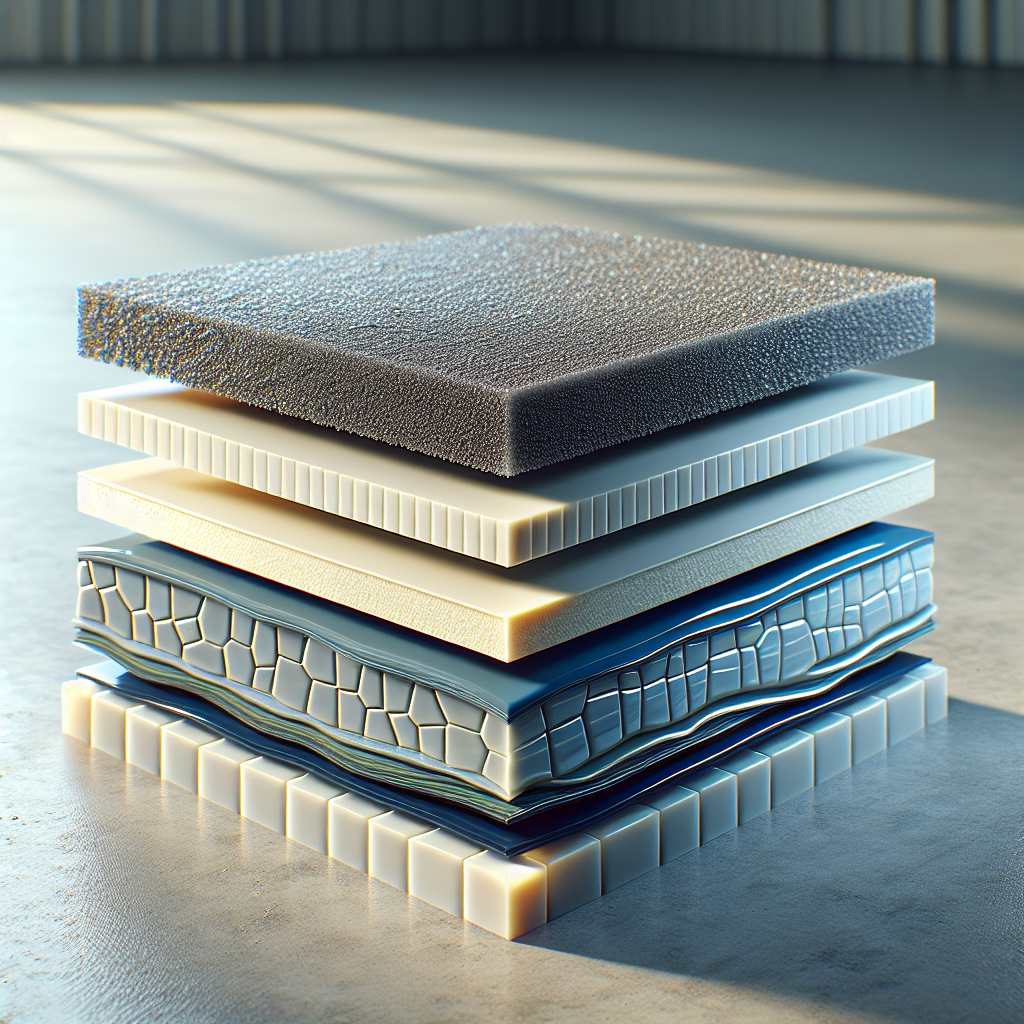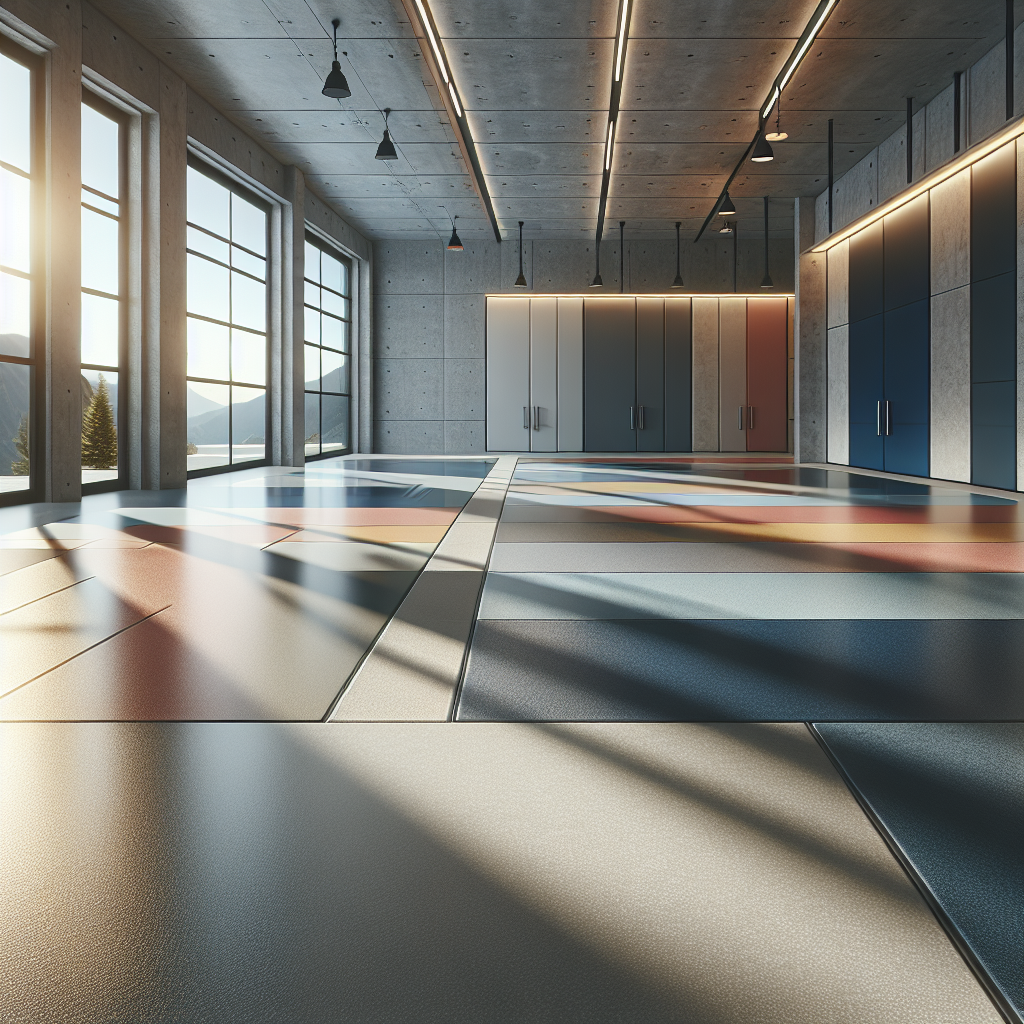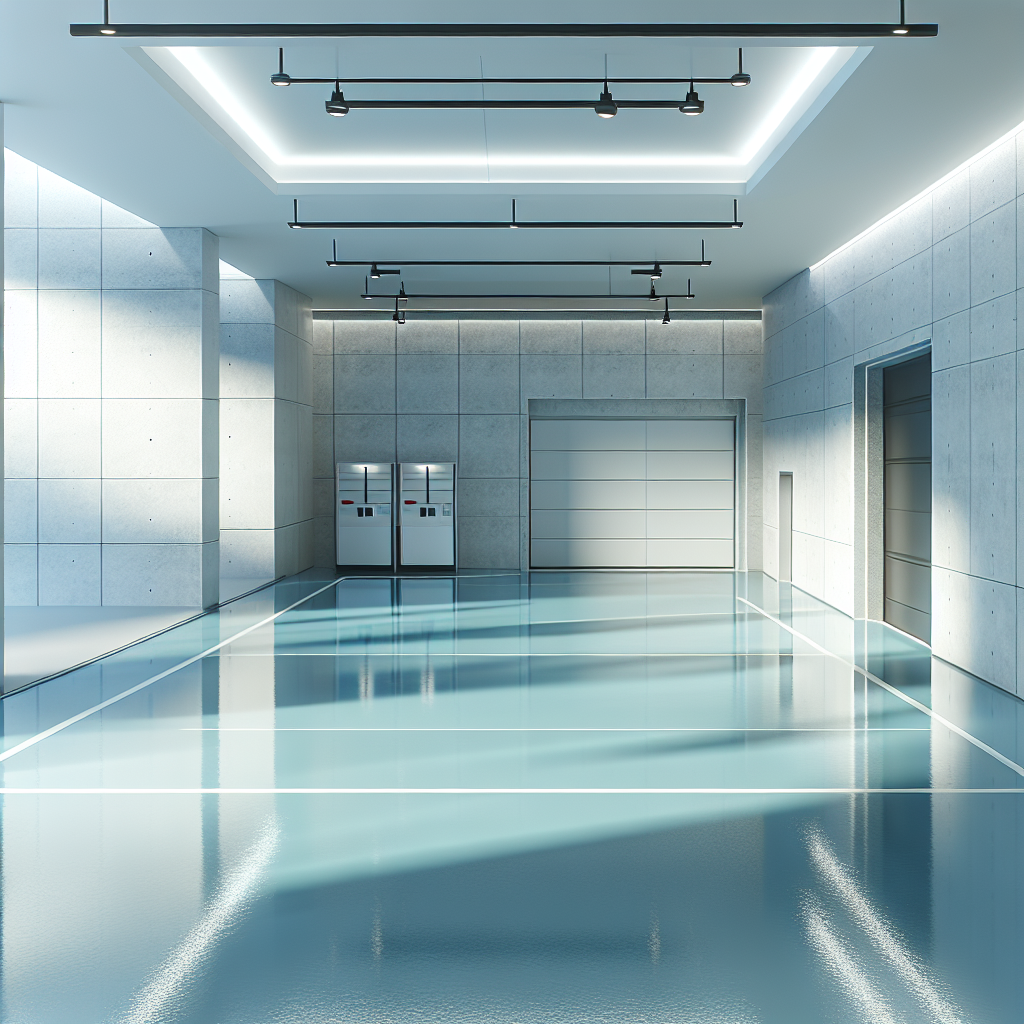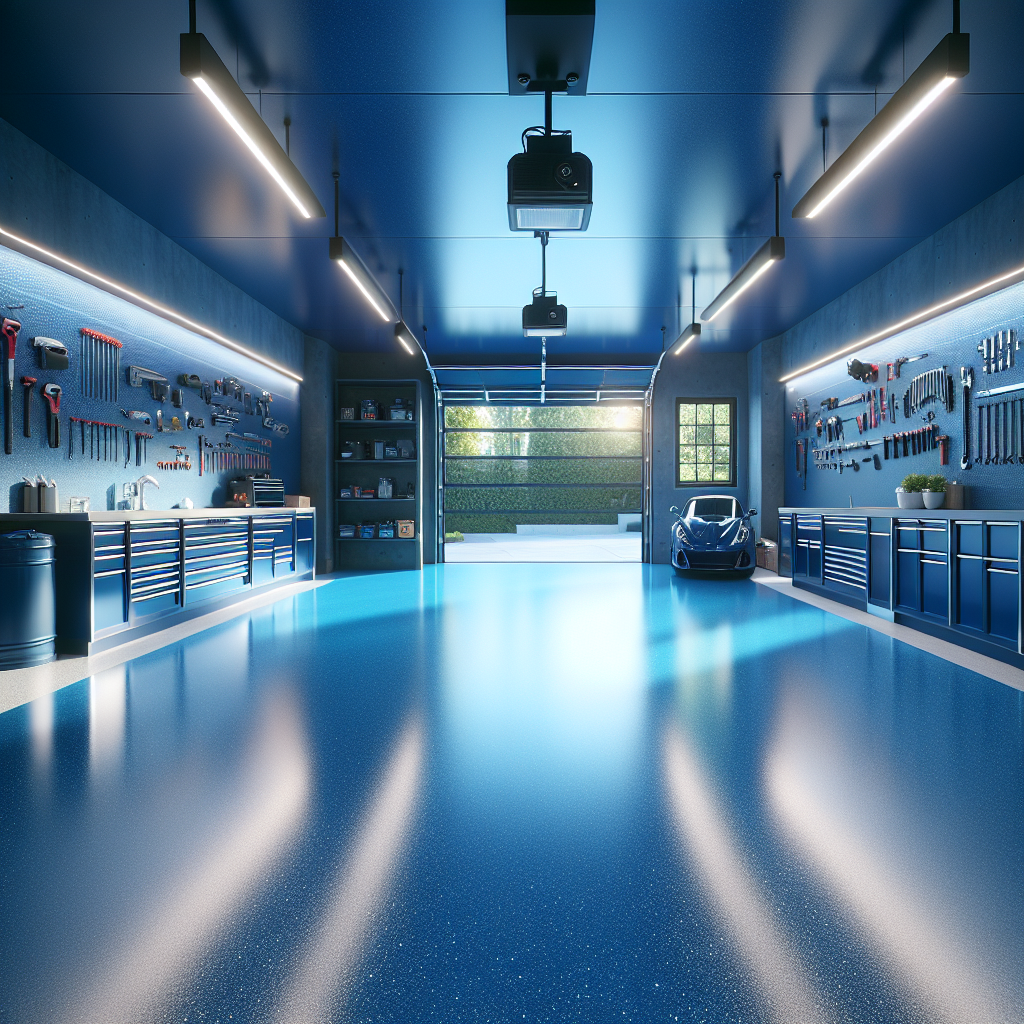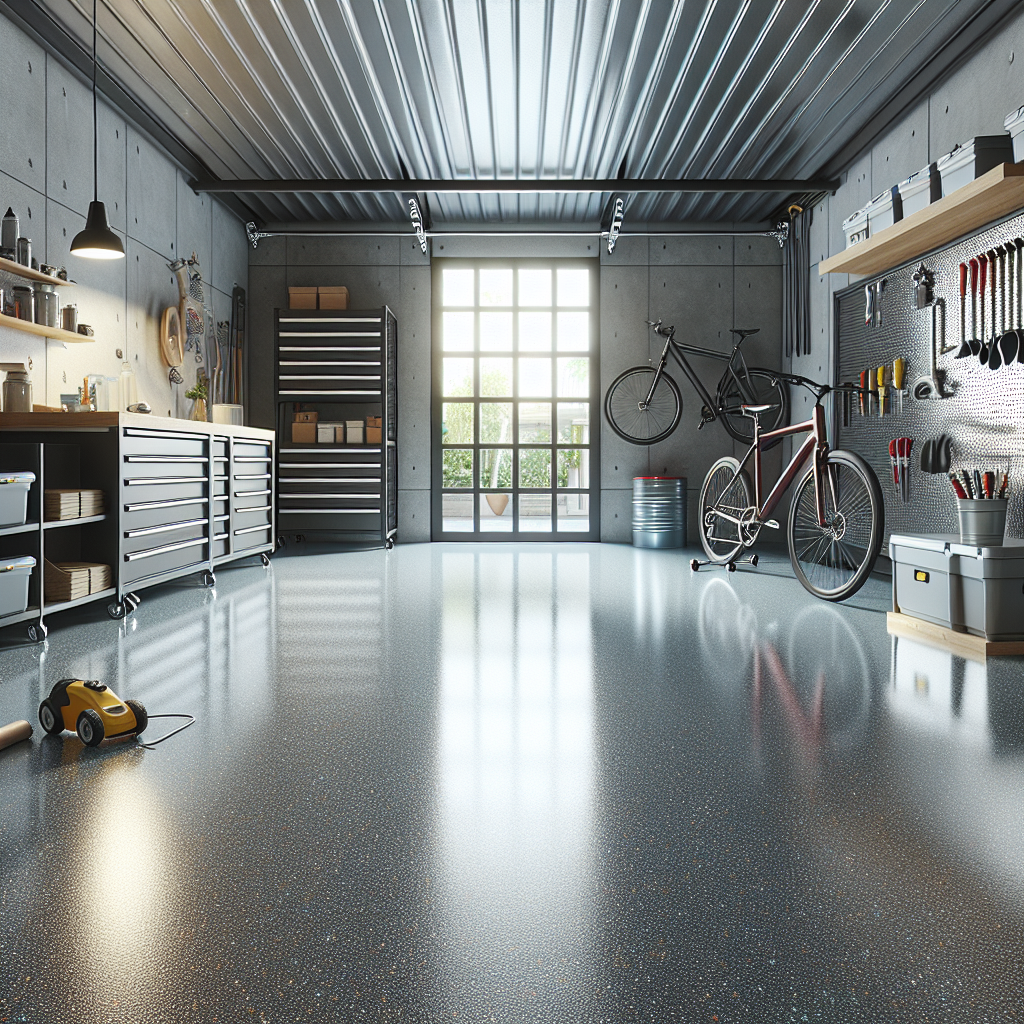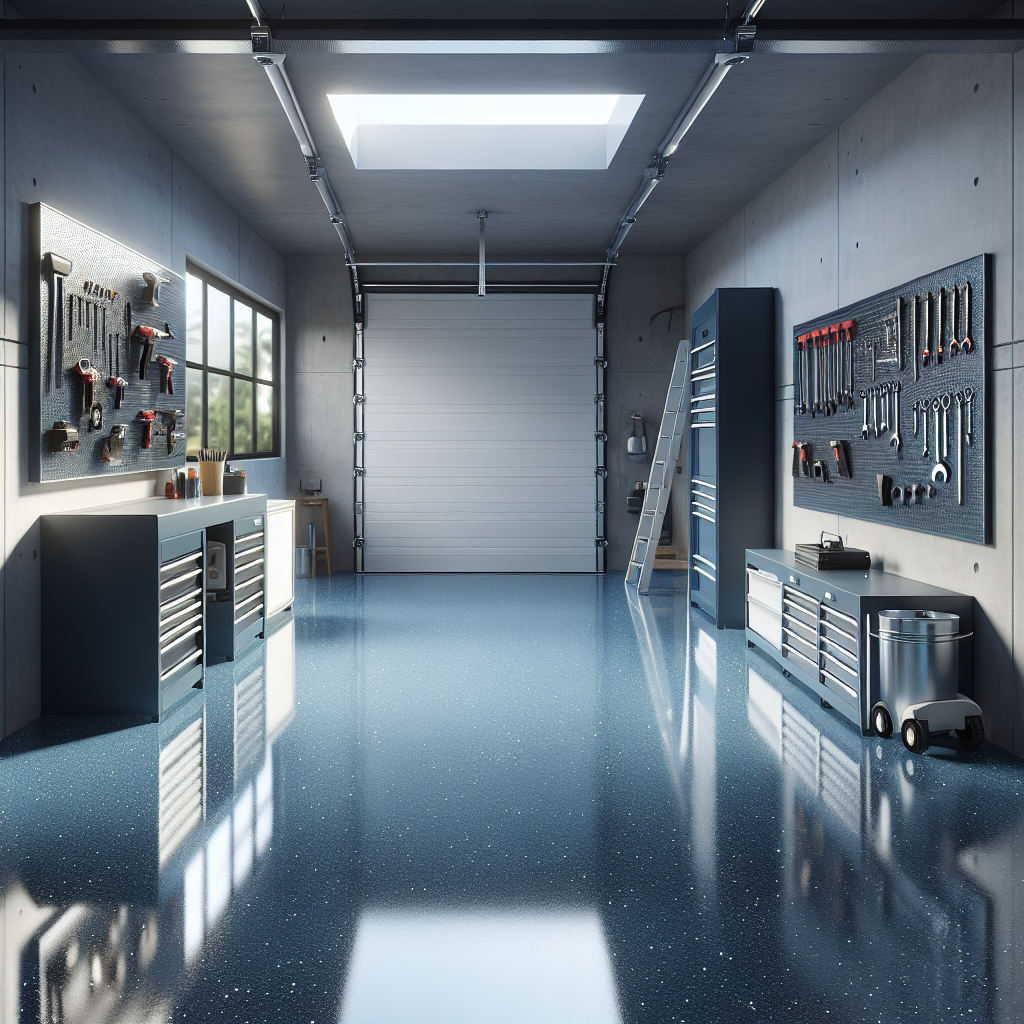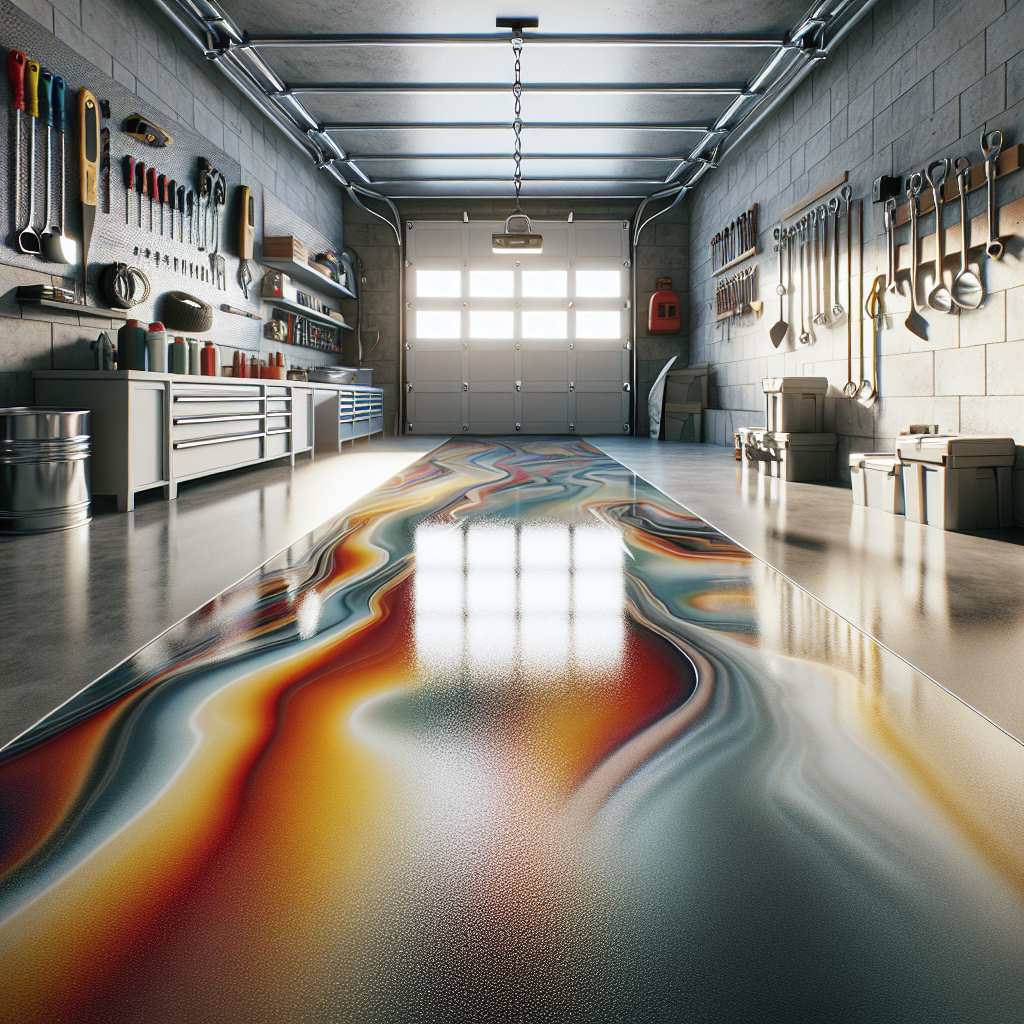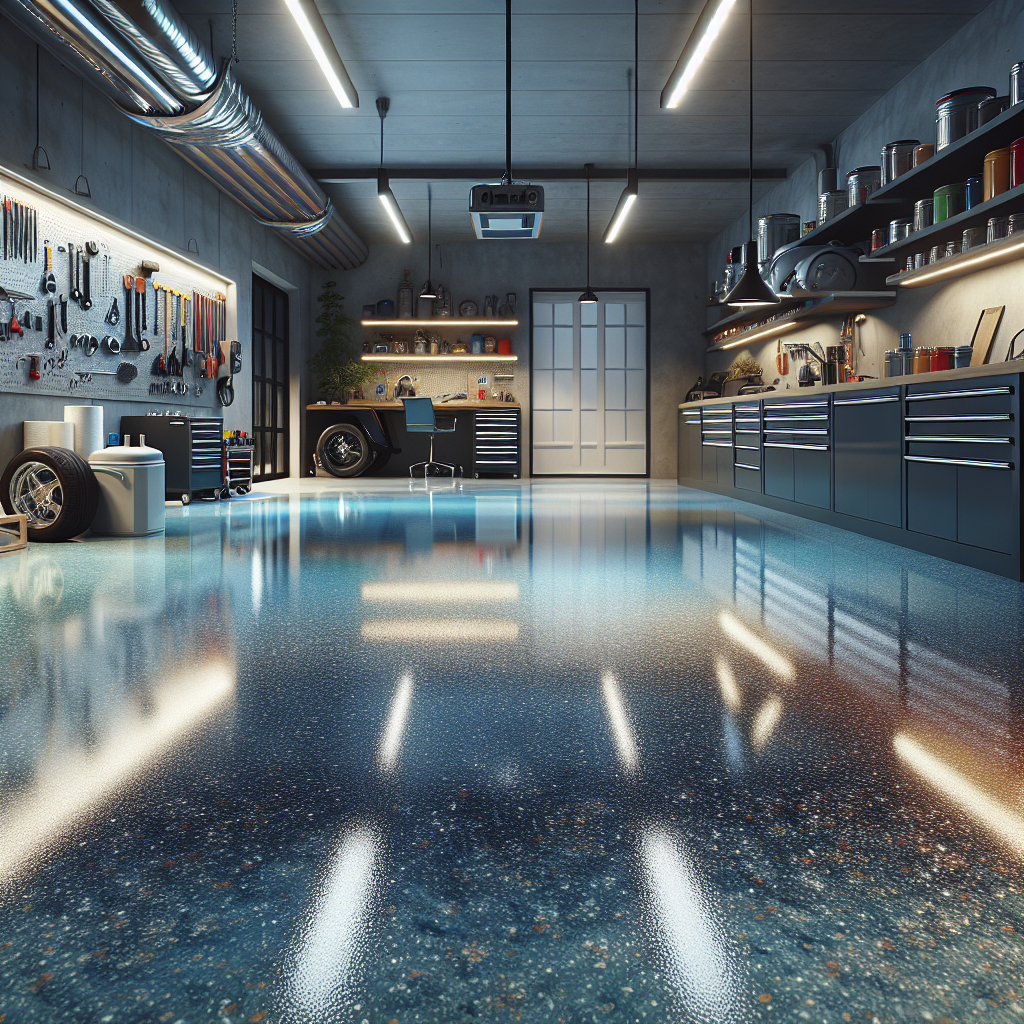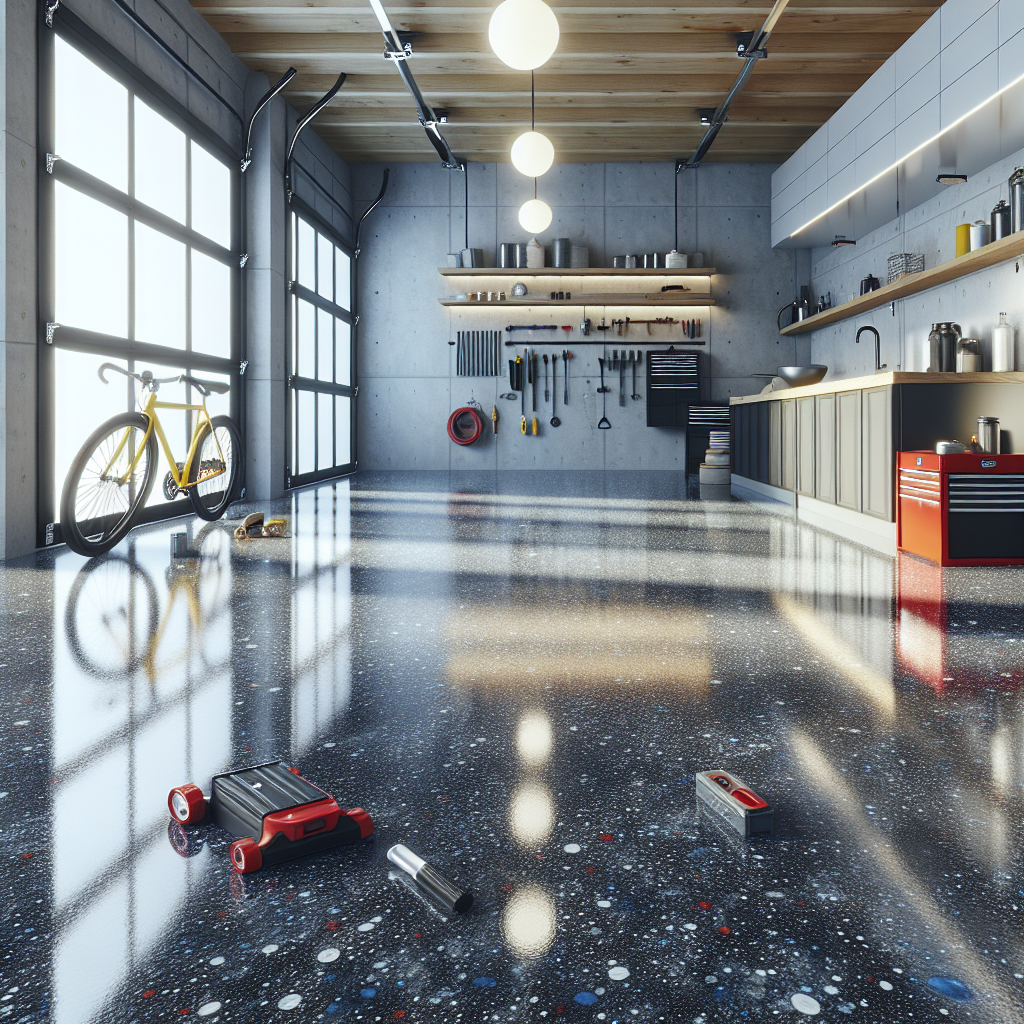In recent years, vinyl flooring has emerged as a popular choice for both residential and commercial spaces, thanks to its remarkable ubiquity and versatility. This flooring solution caters to a wide array of styles and functional needs, making it an ideal option for nearly any environment. From kitchens and bathrooms to retail shops and offices, vinyl flooring has proven itself to be an adaptable choice that meets diverse aesthetic and practical requirements.
One of the standout benefits of vinyl flooring is its durability. Engineered to withstand the rigors of everyday life, this flooring option is resistant to scratches, stains, and even moisture, ensuring it will stand the test of time. Additionally, the cost-effectiveness of vinyl flooring makes it an attractive choice for budget-conscious homeowners and businesses alike. With a range of price points available, it is possible to achieve a stylish look without breaking the bank.
Moreover, the design options available with vinyl flooring are virtually limitless. Consumers can choose from an extensive array of colors, patterns, and textures to perfectly complement their interior design vision. This adaptability means that vinyl flooring can easily mimic the look of more expensive materials, such as hardwood or stone, while providing the same level of comfort and practicality.
For those considering upgrading their flooring, vinyl flooring presents a compelling option. Call Us Today for a Free Quote and explore how vinyl flooring can transform your space!
Versatile Applications of Vinyl Flooring in Various Spaces

One of the most appealing aspects of vinyl flooring is its remarkable versatility, making it suitable for a wide range of spaces. Whether it’s a bustling commercial environment or a cozy residential setting, vinyl can adapt to meet specific needs and preferences.
In residential spaces, vinyl flooring is often used in areas such as:
- Kitchens: With its resistance to moisture and spills, vinyl is an ideal choice for kitchens, where durability is essential.
- Bathrooms: The waterproof nature of vinyl makes it perfect for bathrooms, providing both safety and style.
- Living Areas: Vinyl flooring can add warmth and character to living rooms and bedrooms while being easy to maintain.
In commercial settings, the benefits of vinyl flooring are equally pronounced:
- Retail Spaces: High foot traffic areas benefit from vinyl’s durability, while a variety of design options can enhance the branding of a store.
- Office Environments: Vinyl provides a professional appearance while being easy to clean, making it a popular choice for modern offices.
- Healthcare Facilities: The hygiene and low maintenance of vinyl flooring are crucial in medical settings, where cleanliness is a top priority.
From cozy homes to bustling businesses, the versatility and practicality of vinyl flooring make it a go-to option for many!
Durability and Longevity of Vinyl Flooring Solutions

When it comes to flooring solutions, durability and longevity are two critical factors that homeowners and business owners alike consider. Vinyl flooring stands out in these areas, providing an exceptional lifespan and resilience against daily wear and tear.
One of the primary reasons for vinyl’s impressive durability is its construction. Made from multiple layers, including a wear layer that protects against scratches and scuffs, vinyl can withstand heavy foot traffic without showing signs of damage. This makes it a top choice for:
- High-Traffic Areas: Spaces such as hallways, kitchens, and commercial environments benefit from vinyl’s ability to endure constant use.
- Impact Resistance: Vinyl flooring is designed to absorb impacts, making it less likely to crack or chip compared to other flooring materials.
- Moisture Resistance: Unlike wood or laminate, vinyl is impervious to moisture, which prevents warping and ensures longevity in humid environments.
Moreover, maintenance is straightforward. Regular sweeping and occasional mopping are typically all that’s needed to keep vinyl flooring looking new. This ease of upkeep not only contributes to its longevity but also makes it a cost-effective choice over time.
In conclusion, with its robust construction and minimal maintenance requirements, vinyl flooring solutions offer a lasting investment that can withstand the test of time.
Cost-Effectiveness of Choosing Vinyl Flooring Options

Choosing the right flooring can significantly impact your budget, and vinyl flooring is often regarded as one of the most cost-effective options available. Its affordability, combined with its durability and low maintenance, makes it a wise investment for both residential and commercial applications.
Here are a few reasons why vinyl flooring stands out in terms of cost-effectiveness:
- Lower Initial Costs: Compared to alternatives like hardwood or tile, vinyl flooring typically comes at a fraction of the price, making it accessible for various budgets.
- Reduced Installation Expenses: Vinyl is easier to install than many other flooring types, which can lead to lower labor costs. Many homeowners opt for DIY installation, further cutting costs.
- Long-Term Savings: With its durability and resistance to damage, vinyl flooring requires fewer repairs and replacements over its lifetime, translating to significant savings.
- Energy Efficiency: Some vinyl flooring options feature insulation properties that can help reduce energy bills, particularly in climates with extreme temperatures.
Furthermore, the variety of styles and designs available in vinyl flooring allows you to achieve the look of more expensive materials, such as wood or stone, without the hefty price tag. This means you can enhance the aesthetic appeal of your space while staying within budget.
Ultimately, the cost-effectiveness of vinyl flooring options makes them an attractive choice for anyone looking to balance quality and affordability.
Design Choices and Aesthetics of Vinyl Flooring
When it comes to flooring, aesthetics play a crucial role in defining the overall look of a space. Vinyl flooring offers a plethora of design choices that cater to diverse tastes and preferences, making it a versatile option for any room.
Here are some key aspects of the design choices and aesthetics associated with vinyl flooring:
- Variety of Styles: Vinyl flooring comes in an extensive range of styles, including realistic wood grains, sleek tiles, and vibrant patterns. This variety allows you to choose a design that complements your decor, whether you prefer a modern, rustic, or traditional look.
- Customizable Options: Many manufacturers offer customizable vinyl flooring options, allowing homeowners to select colors, textures, and patterns that suit their unique preferences.
- Texture and Finish: Vinyl flooring is available in various textures and finishes, such as high-gloss, matte, or embossed. This versatility enables you to achieve the desired effect, whether you want a polished look or a more natural, tactile feel.
- Seamless Installation: Modern vinyl flooring can be installed in large sheets or planks, creating a seamless appearance that enhances the room’s overall aesthetic. This is particularly beneficial in open-concept spaces.
Furthermore, advancements in printing technology have allowed vinyl manufacturers to produce incredibly realistic designs that can mimic the appearance of natural materials like hardwood, stone, or ceramic. This means that you can enjoy the beauty of these materials without the associated costs or maintenance.
Incorporating vinyl flooring into your home or business not only enhances the visual appeal but also provides the opportunity to create a cohesive and stylish environment.
Conclusion: Embracing Vinyl Flooring for Modern Interiors

In the ever-evolving world of interior design, vinyl flooring stands out as a practical and stylish choice for modern spaces. Its unique blend of durability, versatility, and aesthetic appeal make it an ideal option for homeowners and businesses alike.
As we’ve explored, the benefits of vinyl flooring are numerous:
- Exceptional durability that withstands heavy foot traffic and daily wear.
- Cost-effectiveness, providing high-end looks without breaking the bank.
- A wide array of design options that cater to various styles and preferences.
- Easy maintenance and cleaning, ensuring that your flooring remains beautiful for years to come.
These attributes make vinyl flooring not just a trend but a long-lasting solution for those looking to enhance their interior spaces. Its ability to mimic the appearance of natural materials while offering superior performance makes it a favorable option in today’s design landscape.
By choosing vinyl flooring, you are not only investing in the aesthetic value of your property but also in its functionality and longevity. So, if you are ready to transform your space with the benefits of vinyl flooring, call us today for a free quote at Americas Industrial Coatings, your trusted source for expert flooring solutions in Fort Lauderdale and Broward County.
